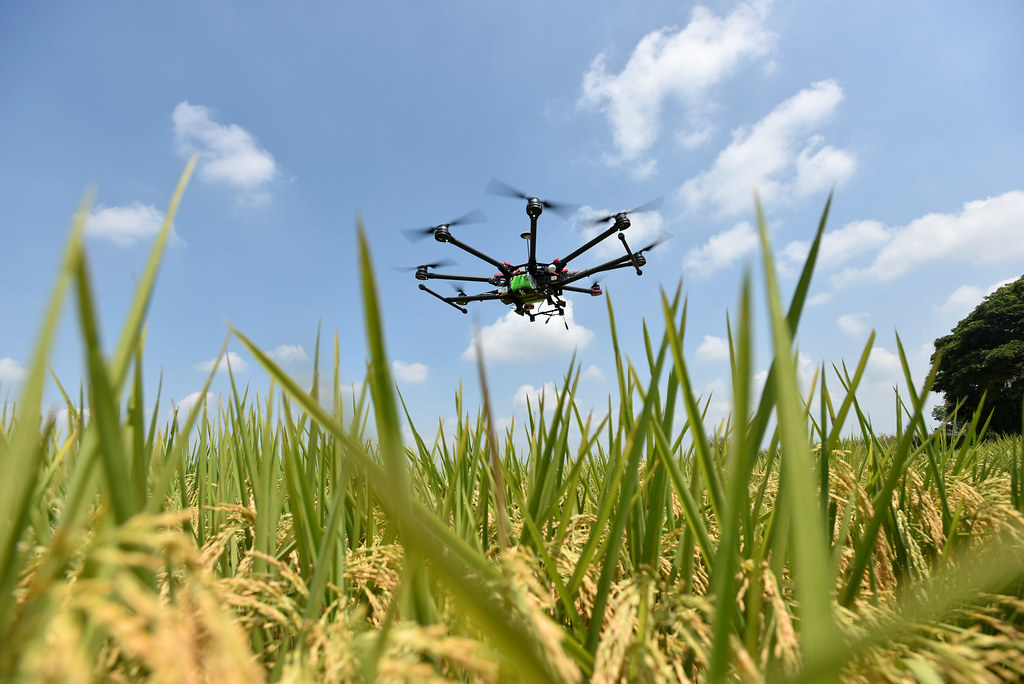-
RAAF
Contributing to the implementation of the Regional Agricultural Policy
RAAF Approach is essentially based on getting things done.
-
Thematics

Thematic areas
The implementation of the Regional Agricultural Policy (ECOWAP) is built around nine thematic areas.
-
Projects
- Renforcement des capacités pour la mise en œuvre de l’ECOWAP en Afrique de l’ouest
- At the end of PRAPS-1, which achieved significant progress in relation to most of the issues relating to animal health, sustainable management of rangelands and pastoral resources, livestock trade, and prevention and management of pastoral crises, the Wor
- Fruit flies are a major problem for the horticultural sector in West African countries. They destroy 50 to 80% of fruit production.
- The Global Climate Change Alliance Plus (GCCA+) is the second phase of an initiative of the same name launched by the European Commission in 2008
- West Africa is one of the most vulnerable regions in the world.
- Renforcement des capacités pour la mise en œuvre de l’ECOWAP en Afrique de l’ouest
- West Africa is facing three major challenges: (i) structural food and nutritional insecurity, (ii) the effects of climate change (droughts, aridity, floods, etc.), (iii) salinization and physico-chemical degradation of agricultural land.
-
News
Follow our news and events
-
Resources
Contents
More information on our work.
-
Multimedias
Interaction
Audio-visual based communication
-
Opportunities
Get Involved
- Portals
Despite various efforts towards mainstreaming gender into social protection programs, gender inequality is still a serious challenge to the fight against poverty in West Africa. In rural areas, for example, the weight of tradition and the limited access of women to material and financial resources and knowledge make them particularly vulnerable to food and nutrition shocks, which compromises their ability to develop resilient initiatives to adequately address poverty.
To reverse the trend and promote women's empowerment, the ECOWAS Commission, with the support of its technical and financial partners, specifically the Spanish Cooperation, with a grant of five million Euros, has enabled the ECOWAS Commission, over the past six years, to give priority to women, children, and youth in the implementation of its support program for national social safety nets.
Building on the lessons learned from the 19 field pilot projects of the regional program to support national social safety nets in West Africa, co-funded by the Spanish Cooperation and the ECOWAS Commission and implemented across the 15 Member States, it comes out that involving women in productive social safety net programs expands sources of income and contributes to household development.
This is achieved through various instruments, such as the distribution of agricultural inputs to male and female producers, technical support and capacity building for male and female producers, and the design and adaptation of social safety nets to the pastoral realities of the fragile zones of the Sahel, through for instance, the distribution of animal kits.
The field actions have highlighted two major facts:
- social transfers targeting women with supporting measures strengthen their production capacity and their sense of contributing to the needs of their families and to the development of their communities.
- women's access to physical and financial capital, modest or not, can strengthen their livelihoods and support their income-generating activities.
Going forward, it has clearly been established that mainstreaming gender in the targeting of vulnerable groups makes it possible to respond effectively to household food and nutrition problems. The ECOWAS Commission will therefore continue to support women's income-generating activities and to enhance their crucial role in food and nutrition security. This will be done through three key actions:
- the first one will provide more support and guidance to women, especially through training activities,
- the second action will focus on the promotion of the know-how or simple innovations adapted to income-generating activities and,
- the third action will be geared towards sensitizing men and community leaders on the need to facilitate development work teaming up with women./li>
In this context, the Spanish cooperation wishes to continue its collaboration with ECOWAS in supporting the most vulnerable households in West Africa. Other technical and financial partners are also called upon.
For further information, kindly watch the following video :
- French : https://youtu.be/MWVUXnMsOnM
- English : https://youtu.be/jR8GyOFF2is
- Portuguese : https://youtu.be/7t5F-cr2hdM
Read more...
- Livestock farming and pastoralismPublication date:
- Climate change
- Climate change